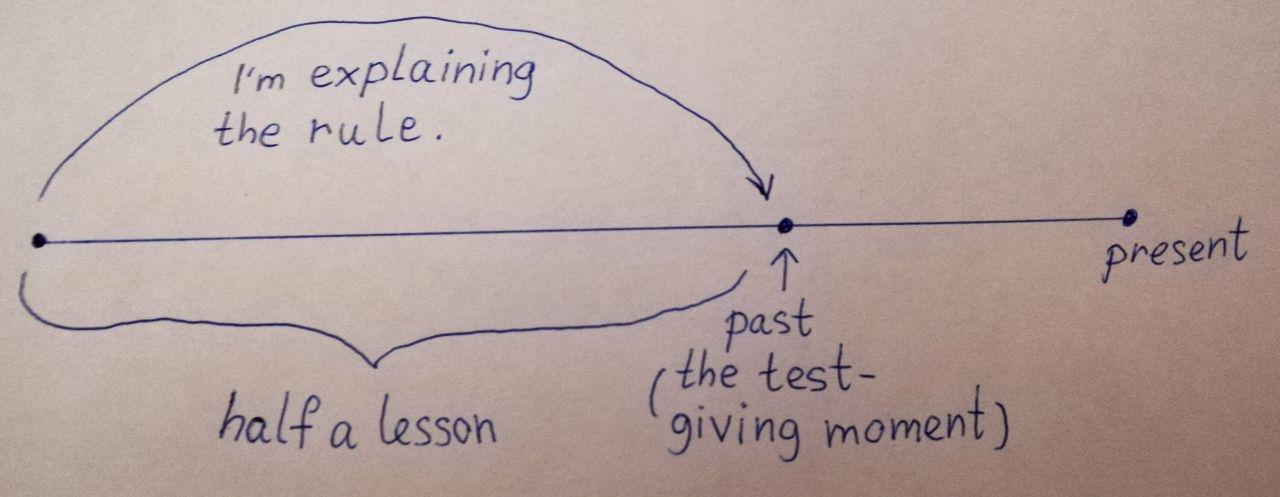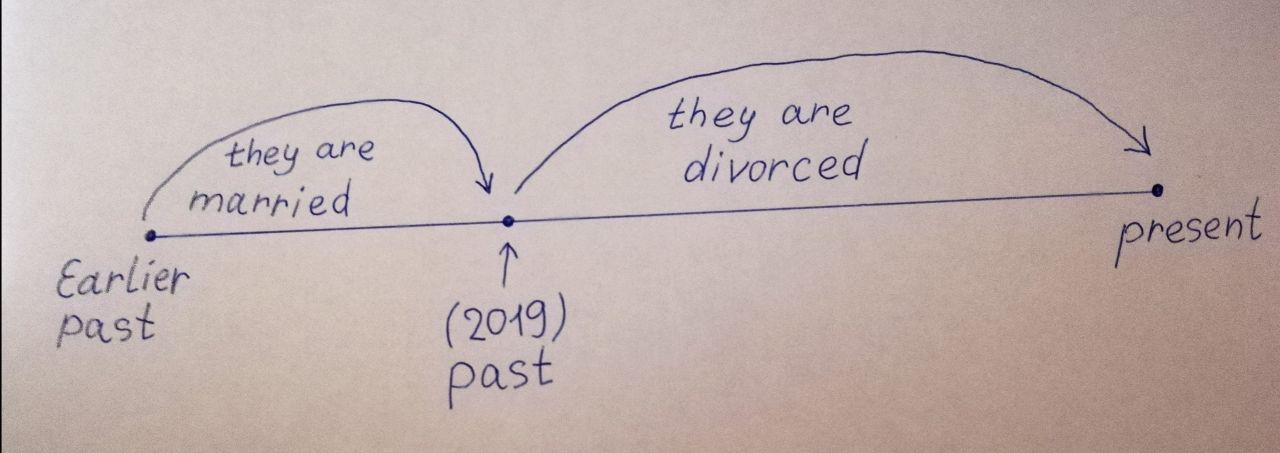I feel quite confused. If I want to say that something was true or was happening for a while before some point in the past, what ways does English give me to express that?
If I want to express that some state was true for a while before some point in the past, which English tense should I use?
"They had been married (Past Perfect) for a while before they divorced in 2019"
"They were married (Past Simple) for a while before they divorced in 2019"
Are the sentences above correct and do they express the same meaning? Or do they have slightly different meanings?
And what about the following two?
"I had been explaining (Past Perfect Progressive) this rule to you for half a lesson before I gave you a test"
"I explained this rule to you for half a lesson before I gave you a test"
Do they both have similar meanings? In contrast, these two sentences are not about a state ("Being married) but they are both about an action, namely - "explaining".
Do I understand correctly that they both seem correct to native-speakers because they are both about an action in the main clause and not about a state? And if there was a state in the main clause, would it be in Past Simple?


